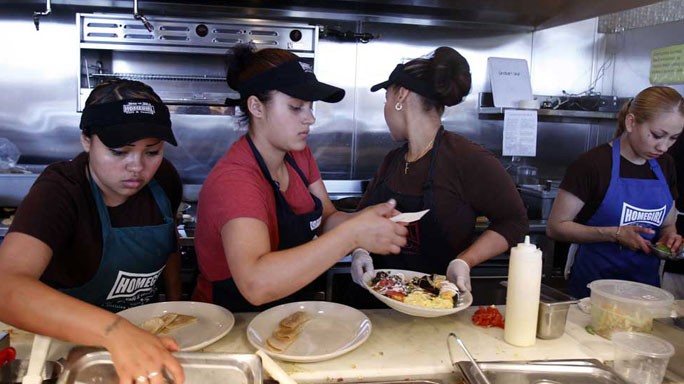Among the major demographics experiencing gender and racial wage gaps, Latina women are the hardest hit in both Massachusetts and the nation. To earn the same amount as a white men did in 2014, Latinas as a whole would have to work approximately ten months more, only catching up by October 8, 2015, reports the American Association of University Women.
That was the day the Massachusetts Caucus of Women Legislators and the Massachusetts Black and Latino Legislative Caucus convened a Latina Equal Pay Day briefing.
A variety of factors contribute to the wage gap, said speakers: circumstances push many Latinas into traditionally lower-wage jobs, many companies exhibit unconscious bias in hiring and promotion and Latina women frequently are the main — or sole — supporter of parents and children. With low wages going to support many other lives, Latina women are less able to save for college or retirement and face fewer opportunities for breaking the cycle of poverty.
This month California passed the Fair Pay Act to require employers to justify higher wages for male workers, protect employees who ask about others’ salaries and allow employees to sue if they perform largely equivalent work to someone with a different job title but receive less pay. Massachusetts is considering — but has yet to pass — similar legislation.
See more at:
Baystatebanner





